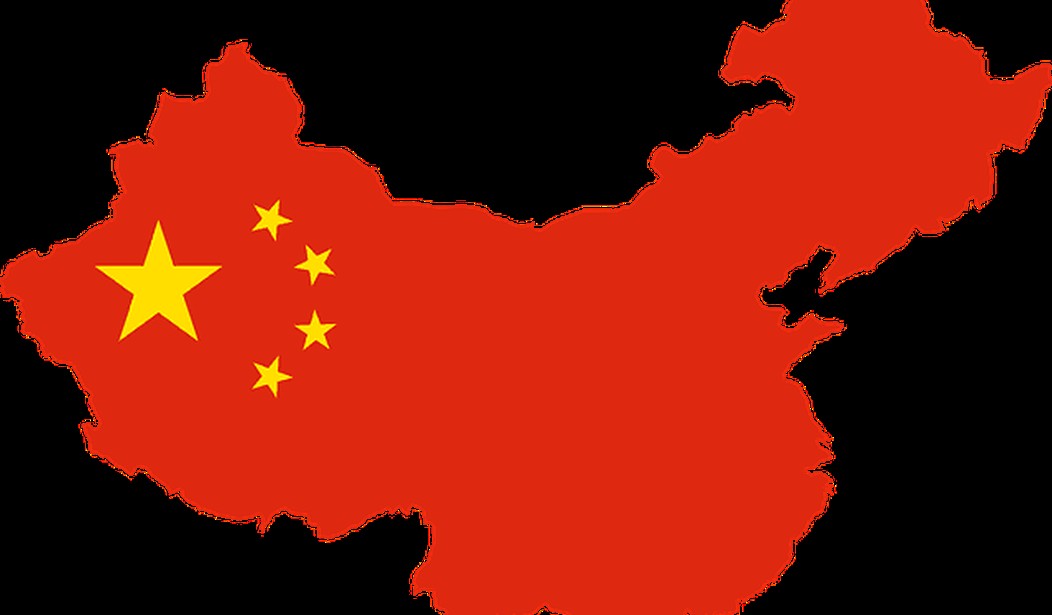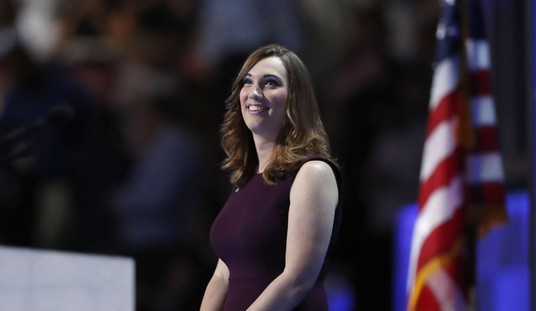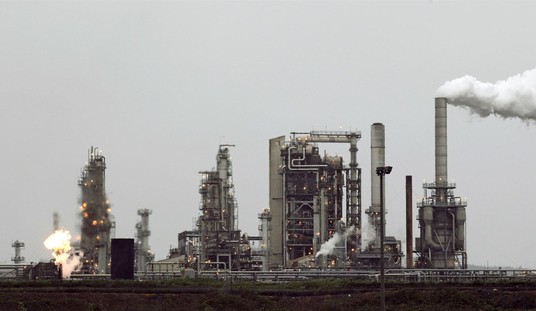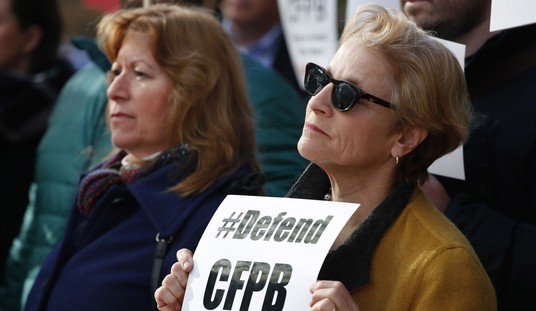U.S. President Donald Trump shakes hands with Chinese President Xi Jinping after a joint press conference at the Great Hall of the People, Thursday, Nov. 9, 2017, in Beijing. Trump is on a five-country trip through Asia traveling to Japan, South Korea, China, Vietnam and the Philippines. (AP Photo/Andy Wong)
Trade relations with China continue to be strained after the Trump administration made the announcement Monday that they had officially designated the communist behemoth as a “currency manipulator”.
In a statement on their website, the Department of Treasury outlined the “The Omnibus Trade and Competitiveness Act of 1988”, which requires the Secretary of Treasury to regularly review the currency policies of trade partners to ensure fair play. If the Treasury deems another nation a “manipulator”, the Secretary is required to act to protect American interests.
In the wake of tense trade talks and Trump’s tariff increases on Chinese goods, China has been accused of deliberately tanking their currency in order to deplete the value of the trade agreement.
The Omnibus Trade and Competitiveness Act of 1988 requires the Secretary of the Treasury to analyze the exchange rate policies of other countries. Under Section 3004 of the Act, the Secretary must “consider whether countries manipulate the rate of exchange between their currency and the United States dollar for purposes of preventing effective balance of payments adjustments or gaining unfair competitive advantage in international trade.” Secretary Mnuchin, under the auspices of President Trump, has today determined that China is a Currency Manipulator.
As a result of this determination, Secretary Mnuchin will engage with the International Monetary Fund to eliminate the unfair competitive advantage created by China’s latest actions.
As noted in the most recent Report to Congress on the Macroeconomic and Foreign Exchange Policies of Major Trading Partners of the United States (“FX Report”), China has a long history of facilitating an undervalued currency through protracted, large-scale intervention in the foreign exchange market. In recent days, China has taken concrete steps to devalue its currency, while maintaining substantial foreign exchange reserves despite active use of such tools in the past. The context of these actions and the implausibility of China’s market stability rationale confirm that the purpose of China’s currency devaluation is to gain an unfair competitive advantage in international trade.
The move is rare. The last time such a label was invoked was in the early 1990s, and the subject nation was China.
It is not clear what action can or will be taken against China. The Treasury could block Chinese private investments or increase surveillance, among other options.
Markets crashed after the announcement was made on Monday. The Dow Jones Industrial Average closed out with a 2.9% drop and the Nasdaq dropped 278 points. The S&P 500 also faltered, losing 82 points by closing.
The Trump administration still plans to host an official Chinese delegation in September for planned trade talks.















Join the conversation as a VIP Member